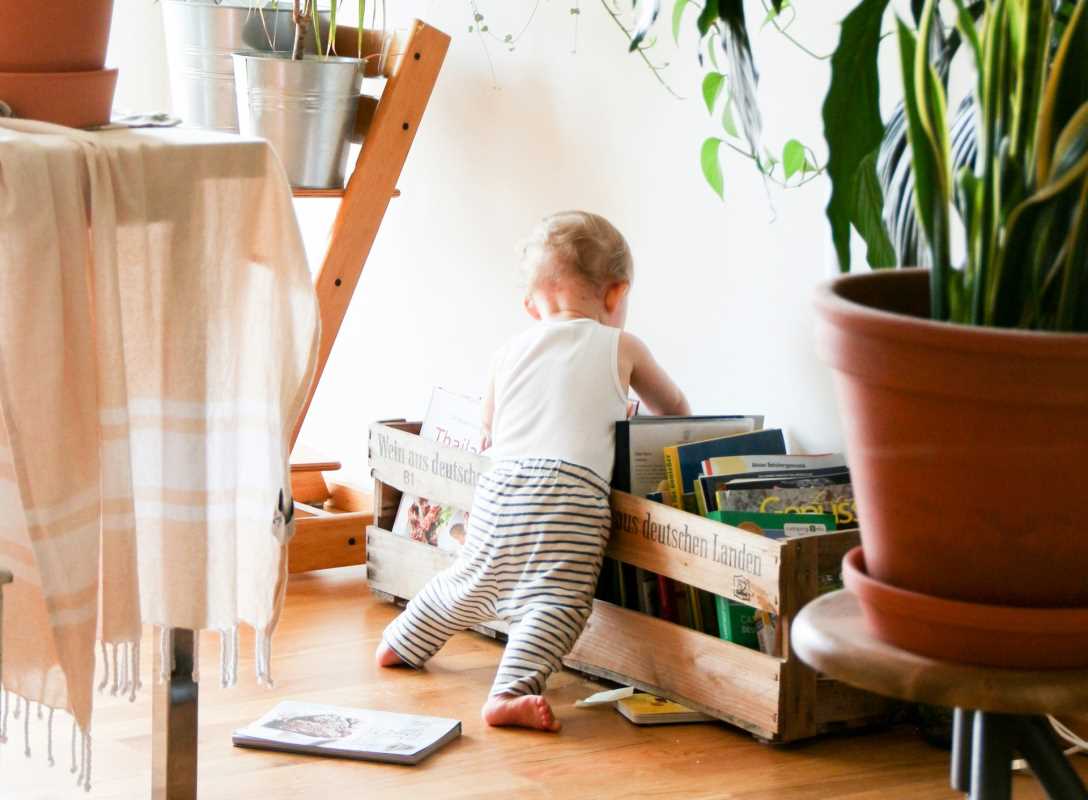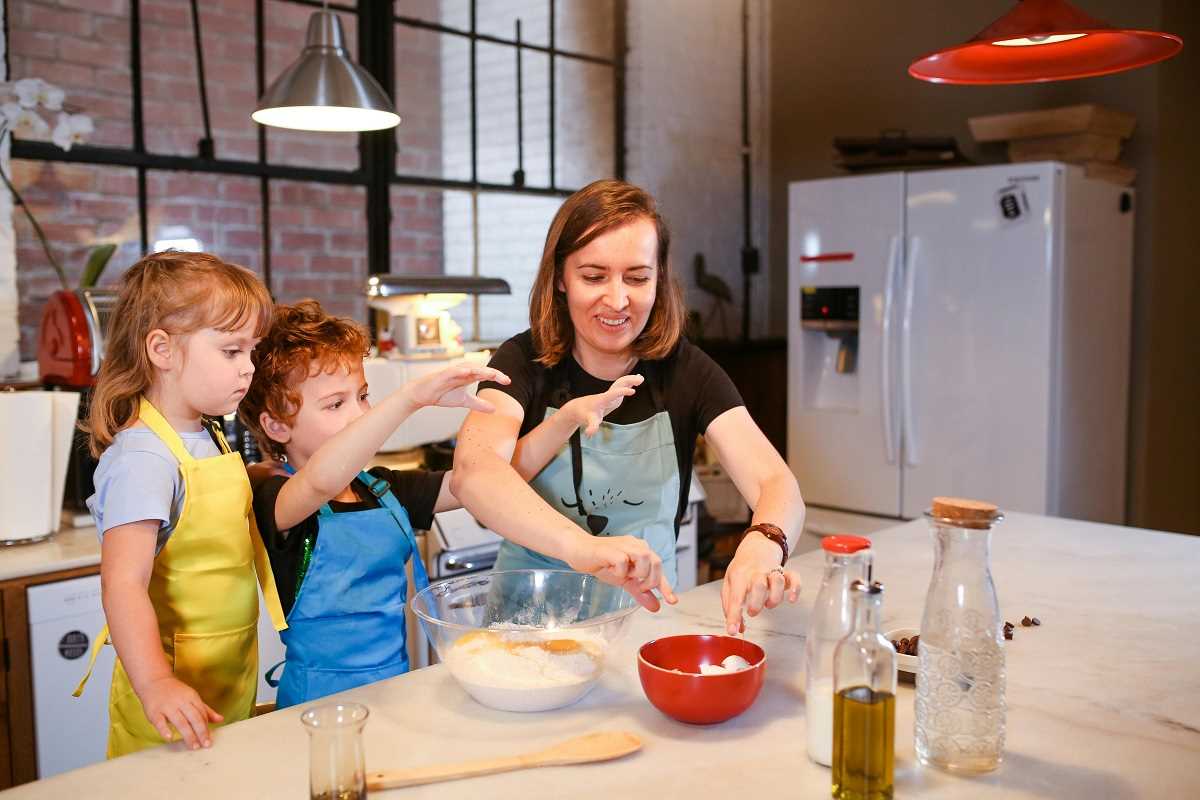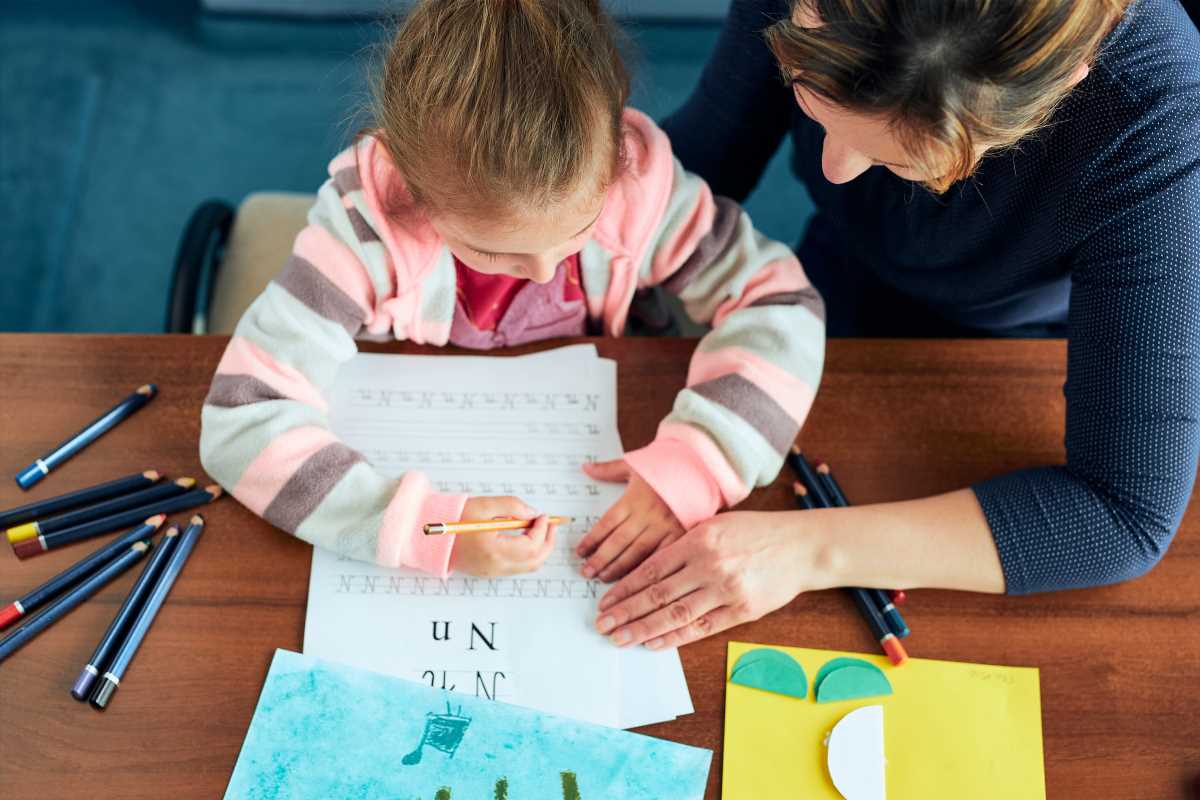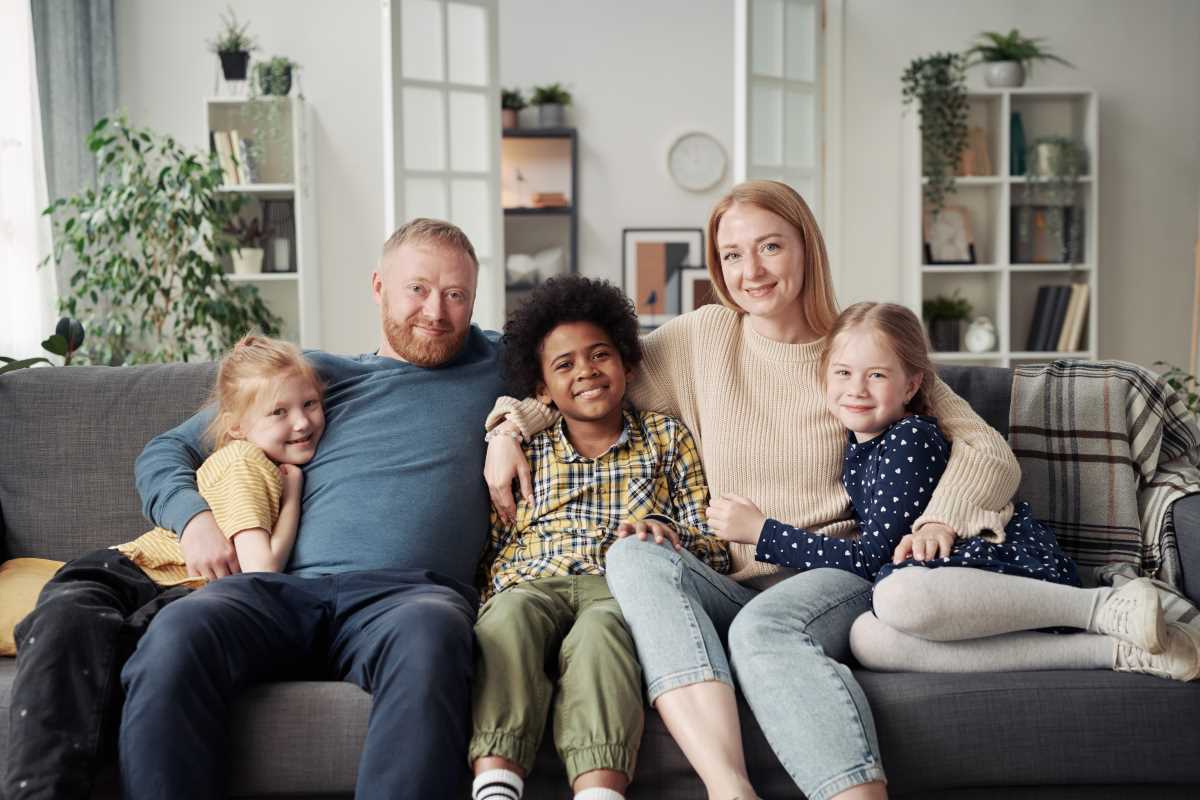Parenting is a journey filled with countless decisions, one of the most impactful being the approach you take in raising your children. In recent years, minimalist parenting has emerged as a popular philosophy, encouraging parents to simplify and focus on what truly matters in their child's upbringing. This approach challenges the conventional notion that more is always better, advocating instead for quality over quantity in every aspect of parenting. By embracing minimalist parenting, families can create a more harmonious and intentional environment that fosters meaningful connections and personal growth.
Understanding Minimalist Parenting
Minimalist parenting revolves around the idea of reducing excess and focusing on essential elements that contribute to a child's well-being. It's not about depriving children of opportunities but rather about curating experiences that lead to deeper understanding and connection. Here are some key principles that define minimalist parenting:
- Intentionality: Making deliberate choices about the activities, toys, and experiences children are exposed to, ensuring they align with family values and goals.
- Quality Over Quantity: Prioritizing fewer, high-quality items and experiences that offer more significant benefits rather than accumulating a vast array of possessions.
- Simplicity: Creating a clutter-free environment that reduces distractions and allows children to focus on what truly matters.
- Mindful Consumption: Being conscious of purchasing decisions, avoiding impulsive buys, and considering the long-term value of each item or activity.
- Emphasis on Experiences: Valuing experiences and memories over material possessions, fostering stronger family bonds and personal growth.
Benefits of Fewer Toys
Reducing the number of toys in a child's environment can have profound positive effects on their development and the overall household atmosphere. Here are some of the key benefits:
- Enhanced Creativity: With fewer toys, children are encouraged to use their imagination to create their own games and stories, fostering creative thinking and problem-solving skills.
- Improved Focus: A decluttered space minimizes distractions, helping children concentrate better on their tasks and activities, whether it's playing, studying, or engaging in hobbies.
- Reduced Stress: A tidy environment can lead to a calmer household, decreasing stress levels for both children and parents by eliminating the chaos often associated with excessive clutter.
- Better Appreciation: When children have access to a select few quality toys, they are more likely to value and take care of their belongings, teaching responsibility and appreciation for what they have.
- Strengthened Relationships: Fewer material possessions mean more opportunities for meaningful interactions and quality time spent together as a family, enhancing relational bonds.
Creating Meaningful Experiences
One of the cornerstones of minimalist parenting is the emphasis on creating meaningful experiences over accumulating things. This shift in focus allows families to build lasting memories and develop deeper connections. For instance, instead of buying numerous tech gadgets, parents might choose to spend weekends exploring nature, which not only strengthens the parent-child relationship but also instills a sense of wonder and appreciation for the natural world in children.
Moreover, meaningful experiences often involve collaborative activities that teach valuable life skills. Cooking a meal together, for example, can be a fun way to introduce children to healthy eating habits, teamwork, and the joy of creating something tangible. These shared moments contribute to a child's emotional and social development more effectively than any toy could.
Practical Steps to Implement Minimalist Parenting
Transitioning to minimalist parenting doesn't happen overnight, but with thoughtful planning and consistent effort, it can become a rewarding lifestyle change. Here are some practical steps to help parents embrace this approach:
Start with Decluttering: Begin by assessing the current possessions in your home, especially toys. Involve your children in the process to teach them about the value of letting go and making choices based on what truly brings joy and utility.
Set Clear Boundaries: Establish limits on the number of toys or items allowed in your child's space. This helps maintain a clutter-free environment and encourages children to value and take care of their belongings.
Create a Rotational System: Instead of having all toys available at once, rotate them periodically. This not only keeps the environment fresh and exciting but also reduces the temptation of overstimulation from having too many options at once.
Focus on Multi-functional Items: Invest in toys and materials that serve multiple purposes or can be used in various ways. Items like building blocks, art supplies, and simple musical instruments can provide endless entertainment and learning opportunities without taking up much space.
Prioritize Experiences Over Gifts: Shift the focus from material gifts to experiences that the whole family can enjoy together. This could include outings to the park, museum visits, or engaging in family projects that foster teamwork and creativity.
Overcoming Challenges
Adopting a minimalist parenting style comes with its set of challenges, especially in a society that often equates success with abundance. One common hurdle is dealing with external pressure from extended family and friends who may not understand or support your minimalist approach. Communicating the benefits of your choices and setting firm boundaries can help navigate these situations gracefully.
Another challenge is resisting the urge to revert to previous habits, especially when faced with the relentless marketing tactics aimed at parents. Staying committed to your values, seeking support from like-minded communities, and reminding yourself of the long-term benefits can help maintain your minimalist journey. It's also important to be flexible and adapt your approach as your family's needs evolve over time.
Minimalist parenting is not about deprivation but about fostering an environment where children can thrive through simplicity and intentional living. By reducing clutter, prioritizing meaningful experiences, and making thoughtful choices, parents can create a nurturing space that promotes creativity, focus, and strong family bonds. While the transition may come with its set of challenges, the benefits far outweigh the initial efforts, leading to a more harmonious and fulfilling family life.







